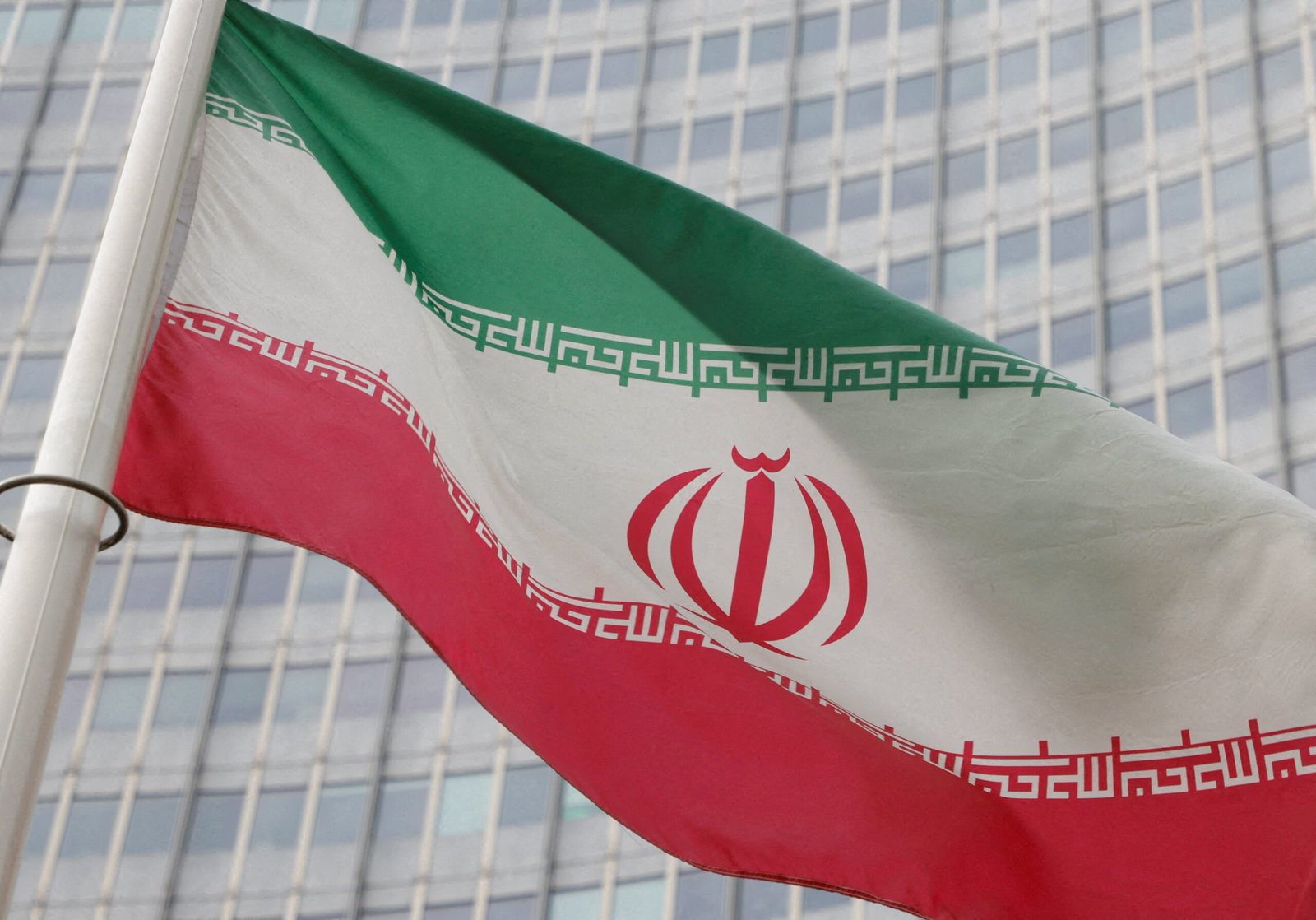Over the past week, more than a dozen senior judges in Pakistan have received letters containing a suspicious white powder. This alarming development has triggered an immediate investigation by the authorities, as these letters pose a direct and serious threat to the country’s justice system.
On Tuesday, a disturbing development occurred. All eight judges of the Islamabad High Court received similar mails. The letters, written in English, contained a note that criticized Pakistan’s justice system. What’s more, the note referenced ‘bacillus anthracis,’ a bacteria that can cause anthrax, a potentially fatal infection if not treated promptly. The following day, the threat escalated as four Supreme Court judges, including Chief Justice of Pakistan Qazi Faez Isa, and five judges of the Lahore High Court also received similar letters, this time with the suspected presence of a ‘toxic’ material.
According to the police, Tehreek-e-Namoos Pakistan, a relatively unknown group, has brazenly claimed responsibility for the suspicious letters. The letters, along with their contents, have been sent to forensic and security experts for investigation, but the authorities have not yet confirmed what the white powder was.
Tehreek-e-Namoos Pakistan was first heard of in September last year when the authorities were alerted about a suspicious bag found at an upscale hiking trail in Islamabad. The bag contained a letter, hand grenades, a pistol, some bullets, and maps of sensitive buildings in the city. In that letter, the obscure group had criticized the justice system, saying it had decided to “teach a lesson to judges and generals.” The investigation into the incident is still ongoing.
The toxic mails to the top judges came about a week after six judges of the Islamabad High Court wrote a scathing open letter to the Supreme Court. The letter alleged interference by Pakistan’s premier spy agency, the Inter-Services Intelligence (ISI), in judicial matters. The judges claimed that the ISI had used “intimidatory” tactics such as secret surveillance and even abduction and torture of their family members to influence their decisions in “politically consequential” cases, including against jailed former Prime Minister Imran Khan.
In an effort to investigate the allegations, the government formed a one-member commission to investigate the matter. However, the retired judge appointed to the commission refused to take up the responsibility. Subsequently, the Supreme Court constituted a seven-member bench to investigate the allegations made in the unprecedented letter by the judges. The first hearing of the bench was held on Wednesday, with Chief Justice Isa saying there will be “zero tolerance” as far as threats to the independence of the judiciary are concerned. The next top court hearing on the matter will be held on April 29.
Finally, the recent incident of suspicious letters sent to senior judges in Pakistan is a matter of grave concern. It is imperative that we conduct a thorough investigation and ensure those responsible are held accountable. The independence of the judiciary is not just important, it is the bedrock of any democracy, and we must safeguard it at all costs. The allegations made against Pakistan’s premier spy agency, the Inter-Services Intelligence (ISI), must be thoroughly investigated to ensure that judges can operate freely without fear of intimidation.
Please, subscribe to the YouTube channel of republicpolicy.com
















